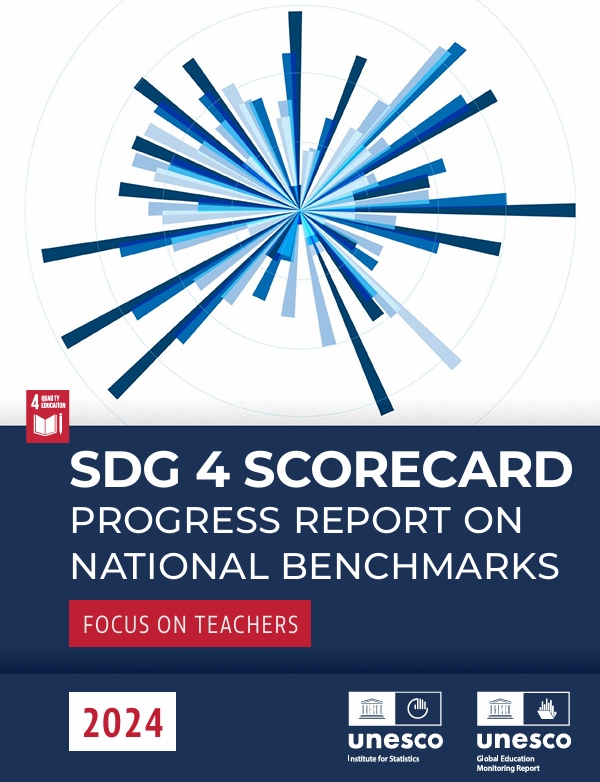Story Source: UC Riverside ~ Go to Original Article
It seems like a great idea: Pay teachers more if their students learn more. But does it work? Though teacher incentive programs are growing in popularity, no one knows for sure if they have a positive effect on student achievement, or if they are worth the extra expenditure of precious state education funds. A new study by an economist at the University of California, Riverside shows that, if properly designed, teacher incentive programs can both improve student achievement in some subjects and be cost-effective.
Studies of existing and experimental teacher incentive programs have shown mixed results, raising student test scores in some cases but not in others. Researchers think the discrepancy has to do with how programs are designed……….






